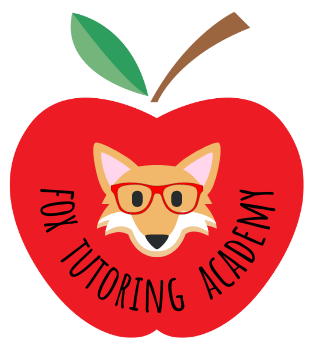Introduction
As we gather to give thanks this season, it’s important to acknowledge one of the most vital yet often overlooked pillars of our communities: local libraries. Particularly for children in the crucial learning-to-read age, libraries offer much more than books; they are dynamic centers of learning, exploration, and community building. Let’s delve into the powerful role that local libraries play in our communities and in fostering early literacy among children.
Lifelong Learning Starts Here
For many children, the journey into the world of words and stories begins at their local library. It’s a place where reading is not just a skill to be mastered but a door to endless adventures and learning. The variety of books available caters to every interest, encouraging children to explore, read, and grow.
A Hub for Community Engagement
Libraries serve as community hubs, bringing people together over the shared love of learning and reading. They offer a space where children and families from diverse backgrounds can connect, share experiences, and learn from one another. This community aspect is crucial in creating a supportive environment for young learners.
Early Literacy Programs
Many libraries offer specialized early literacy programs designed to help children develop reading skills. These programs, often run by skilled librarians and educators, use fun, interactive methods to engage children with books and reading. They play a critical role in preparing children for academic success.
Bridging the Digital Divide
In our increasingly digital world, libraries provide access to computers and the internet, helping bridge the digital divide. They offer digital literacy programs and resources, ensuring that all children have the opportunity to develop these essential skills.
Safe and Inclusive Spaces
Libraries are safe, welcoming spaces where children can be themselves and explore their interests. They strive to be inclusive, offering books and resources that reflect the diverse experiences and cultures of the community. This inclusivity is vital in helping children understand and appreciate the world around them.
The Role of Librarians
Librarians are the heart of the library, guiding young readers, recommending age-appropriate books, and organizing educational activities. Their expertise and enthusiasm make the library an inviting and supportive space for children learning to read.
Conclusion
Local libraries are much more than just buildings with books; they are powerhouses of community engagement and childhood literacy. As we express our gratitude this Thanksgiving, let’s recognize and support these vital institutions that play such a crucial role in nurturing the next generation of readers and leaders.
This Thanksgiving, visit your local library with your children and explore the wealth of resources it offers. Participate in library events, donate books, or volunteer. Together, we can ensure that these essential community centers continue to thrive and support young learners for years to come. Happy Thanksgiving, and here’s to the joy of reading!

